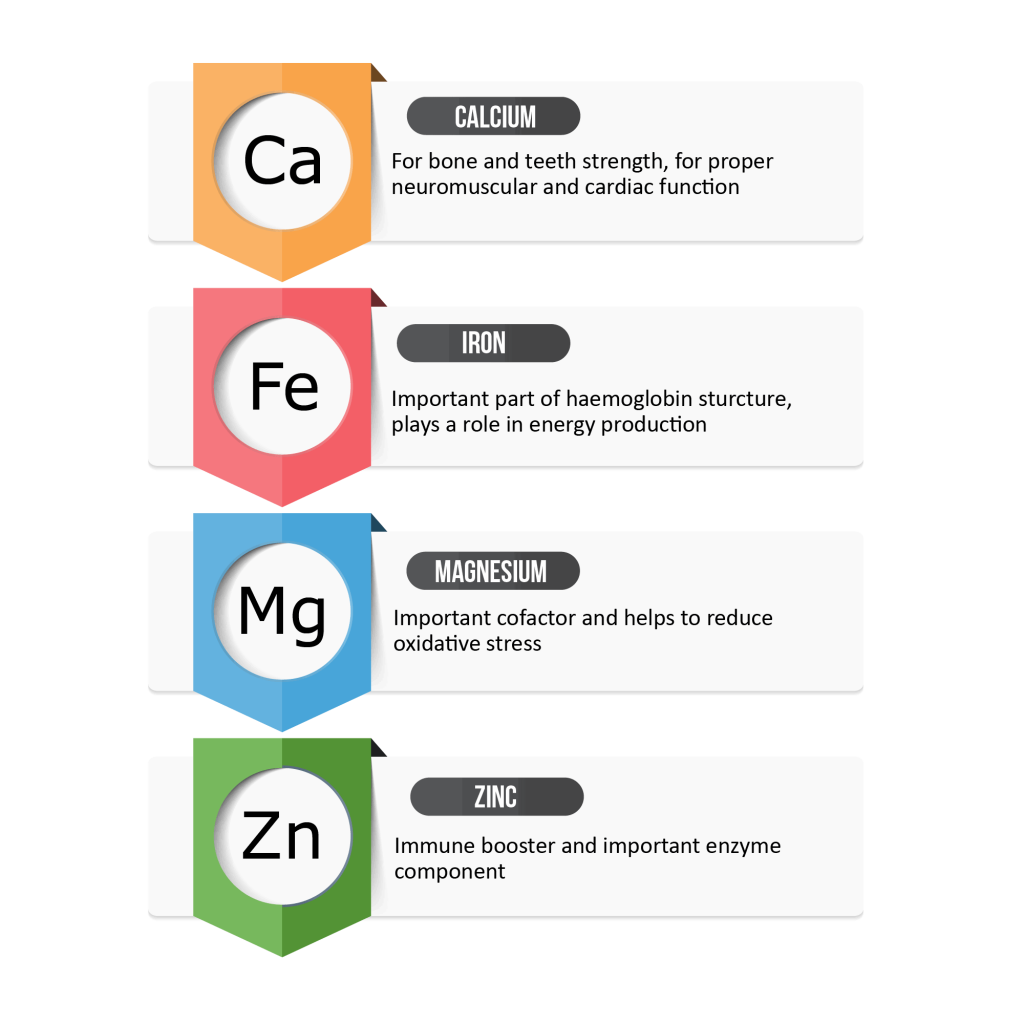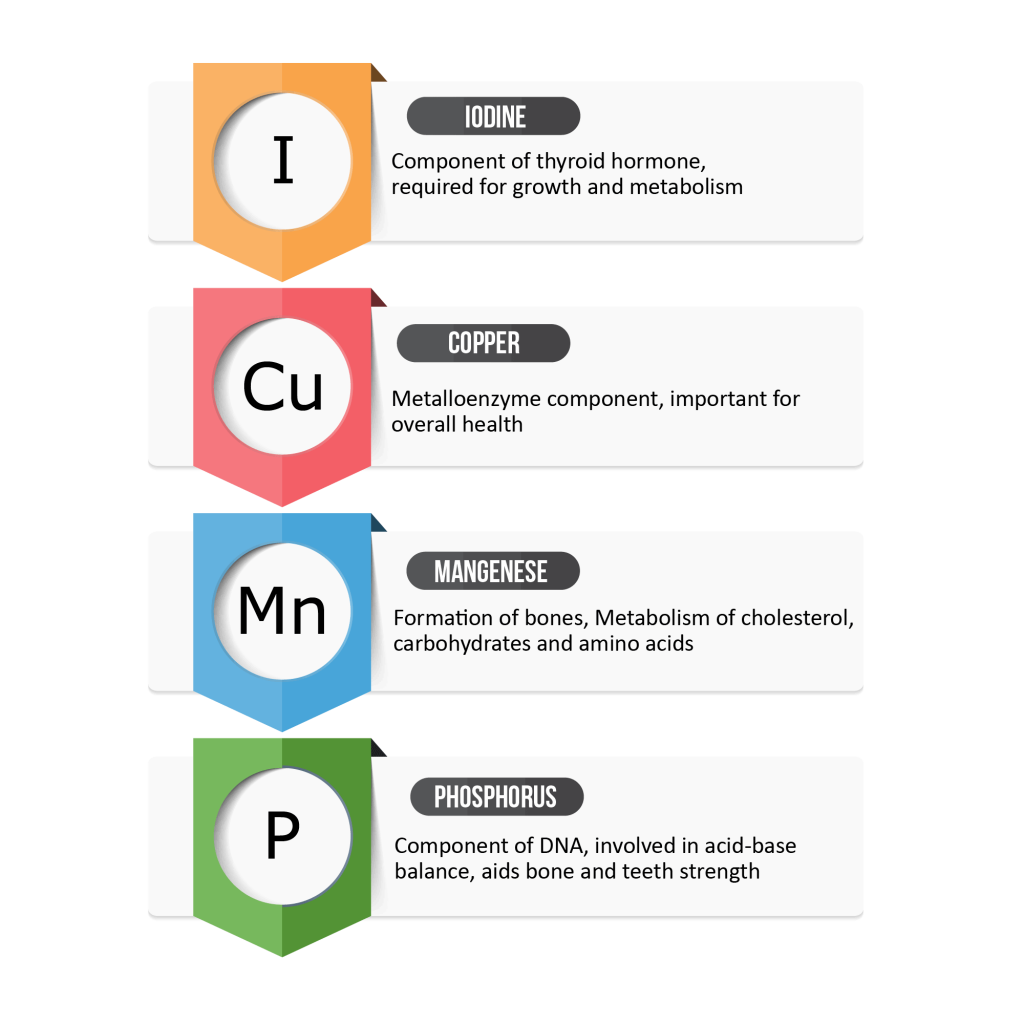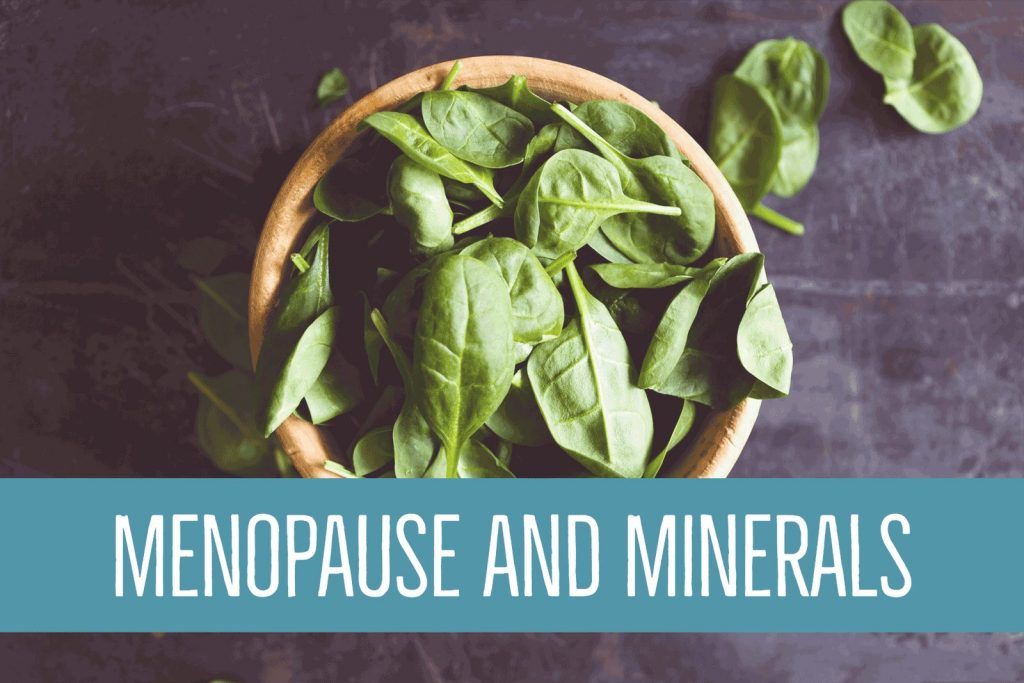
Minerals are as important as vitamins in diet, but unfortunately the food we eat today may not be enough to provide us adequate amounts. Not given the same importance as vitamins, minerals are often overlooked when we talk about diet, health and supplements. Many menopausal women do not have adequate amount of minerals in their bodies which may eventually lead to other health problems and make menopause journey more difficult.
There has been some research showing importance and benefits of certain vitamins and minerals through and post menopause. To have manageable healthy menopause, healthy body is essential and it is very important that deficiency of key nutrients are attended.
Diet is considered the preferred source for minerals. However, things like personal choices, cultural trends and philosophical choices may affect what food we choose and hence may affect our diet. If dietary intake of minerals is insufficient and supplementation is required, it is best to consult your GP before you decide to take supplements.
It is very important to obtain right nutrients in right quantities as too much of certain minerals can be harmful for our health.
Following are some essential minerals and their function in the body.
CALCIUM

Menopausal women loose bone more rapidly than men. That’s why its very important to make sure you have enough calcium in your diet. As we all know, Calcium is very important for bone and teeth strength. However it is also necessary for proper neuromuscular and cardiac function.
Deficiency of Calcium can lead to Osteoporosis (reduced bone density) and bone fractures especially in postmenopausal women.
- RDI in adult women is 1000 mg/day for pre-menopausal women and 1300 mg/day for postmenopausal women.
- Milk and milk products are main sources of Calcium. It is also found in smaller amounts in bony fish, legumes, nuts, fortified soy beverages and breakfast cereals.
A recent study assessed the effects of a product containing isoflavones (plant oestrogens), calcium 500 mg, vitamin D and inulin (a form of fibre) for 12 months in menopausal women. The results showed favourable effects on menopausal signs and symptoms, including hot flushes, physical and sexual health, and a rise in good cholesterol levels.

IRON
Iron is an important component of haemoglobin structure and other proteins and enzymes which are involved in energy production reactions. That is the reason tiredness and fatigue are the most common symptoms of iron deficiency.
Women with heavy periods or menorrhagia are loose more blood in periods and may experience iron deficiency. Iron deficiency can lead to anaemia, reduced physical capacity, feeling cold and tired and many other symptoms. Vegetarians need 80% higher intake of iron than others and are more prone to lack iron in their diet.
- RDI in adult women is 18 mg/day while menstruating (due to blood loss) and 8 mg/day while menopausal
- Wholegrain cereals, lentils, meat, fish, eggs are good sources of Iron. Also found in green vegetables (less absorbed form) and tofu.

MAGNESIUM
Magnesium is a co-factor for more than 300 enzyme systems in body. Thus it regulates hormones, preventing excess stress hormone, plays a role in the increasing insulin sensitivity and production of thyroid hormone. It also helps to reduce oxidative stress, supporting production of the protective antioxidant glutathione.
Deficiency of magnesium is known to cause neurological and neuromuscular defects.
- RDI in adult women is 320 mg/day
- Magnesium is found in green leafy vegetables, legumes, peas, beans, edamame beans, nuts, shellfish and spices.
Some studies have indicated that low magnesium status may be a risk for postmenopausal osteoporosis as magnesium deficiency is linked with reduced calcium levels. Correction of magnesium has been associated with preventing weight gain, improve bone strength and help alleviate menopausal symptoms.
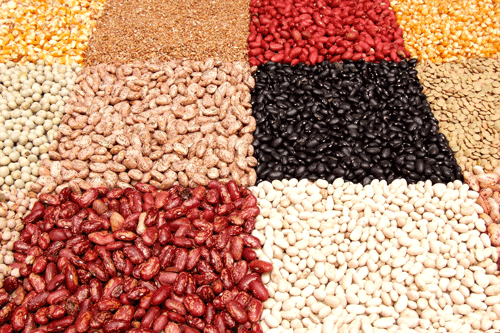
ZINC
Zinc is a crucial component of various enzymes in body. It also maintains structural integrity of proteins and is involved in gene regulation. Zinc boosts immune system and helps to fight against diseases.
Lack of Zinc in body can cause impaired immunity and growth, alopecia, diarrhoea and other symptoms.
- RDI in adult women is 8 mg/day
- Meat, fish, poultry and cereals, legumes such as chickpeas, cashews, pumpkin seeds and mushrooms are important sources of zinc.
Zinc is important to perimenopausal women for bone formation. This mineral helps the absorption of vitamin D and may help slow bone loss.
IODINE
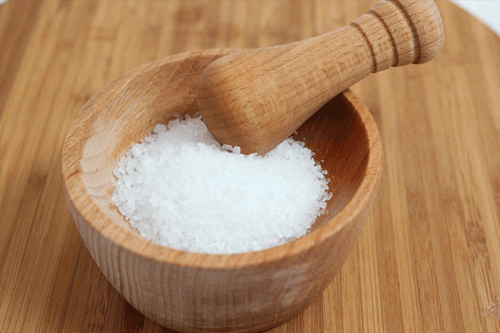
Being an important component of thyroid hormone, Iodine is required for growth and metabolism.
Iodine imbalance can lead to thyroid disorders. Iodine content in most food is low and depends on region and soil. Iodine loss also occurs while cooking.
- RDI in adult women is 150 micrograms/day
- We obtain our Iodine mainly from marine origin food and iodised salt.

COPPER
Copper is important for overall health including nervous system, heart health, immunity and iron metabolism. It is a key component of many metalloenzymes in body which conduct various processes.
Copper imbalance can lead to anaemia related to defective iron metabolism, vascular and skeletal problems, cardiac and immunity problems, adverse effects on nervous system and blood cells.
- RDI in adult women is 1.2 mg/day
- Meat, nuts and seeds, seafood, wheat bran cereals, whole grain are sources of copper.
MANGANESE
Manganese is involved in formation of bones as well as metabolism of cholesterol, carbohydrates and amino acids. Manganese deficiency can cause impaired growth and reproductive function, changes in carbohydrates and cholesterol metabolism.
- RDI in adult women is 5 mg/day
- We get manganese from vegetables and beverages (tea).
PHOSPHORUS
Phosphorus is a component of many important compounds in body such as DNA, involved in energy regulation and acid/base balance in body, combines with calcium to aid bone and teeth strength and health. Imbalance in its levels can cause anorexia, anaemia, muscle weakness, bone pain, general debility, increased susceptibility to infection.
- RDI in adult women is 1000 mg/day
- Natural foods and salts contain Phosphorus. Large amounts found in Western diet especially meat, processed foods and soft drinks.
Phosphorus is so widespread in the food supply that dietary phosphorus deficiency is extremely rare. Too much phosphorus can be harmful for bone health.
Maintaining a nutritious diet is essential in order to avoid symptoms and long-term health risks associated with any nutritional deficiencies.
In case of major deficiencies, your doctor can help to decide which supplements and how much to take to correct them.

